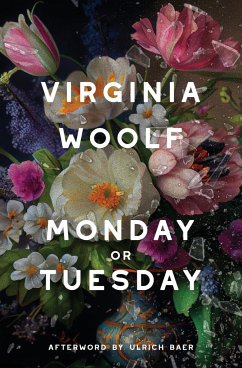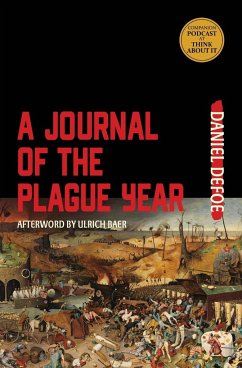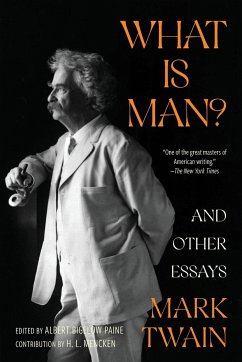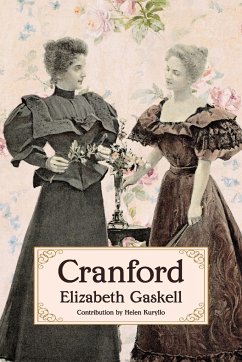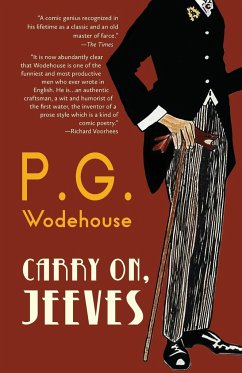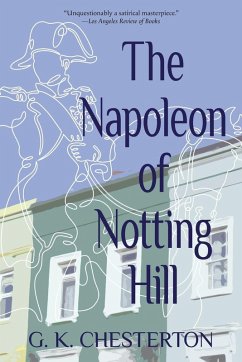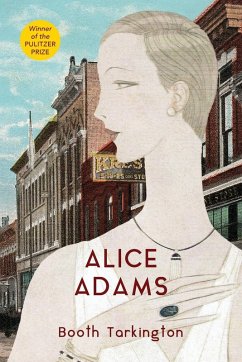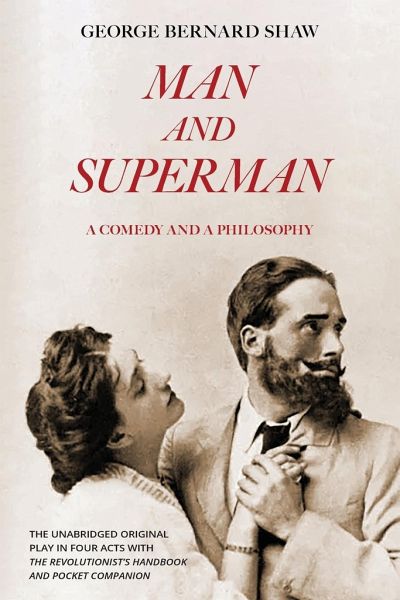
Man and Superman (Warbler Classics Annotated Edition)
Versandkostenfrei!
Versandfertig in 1-2 Wochen
12,99 €
inkl. MwSt.

PAYBACK Punkte
6 °P sammeln!
As suggested by the reference to Nietzsche's "Übermensch" in the title of the play, George Bernard Shaw intended Man and Superman to be not only a light romantic comedy but also a deeply philosophical work. In this highly entertaining play, he lays out his perspective on life and the cosmos with unsurpassable wit and verve. Upon the death of her father, Ann Whitefield is left in the care of two guardians, Roebuck Ramsden and John Tanner. Tanner, author of The Revolutionist's Handbook and Pocket Companion, becomes the reluctant target of Ann's affections and marital ambitions. In the courtship...
As suggested by the reference to Nietzsche's "Übermensch" in the title of the play, George Bernard Shaw intended Man and Superman to be not only a light romantic comedy but also a deeply philosophical work. In this highly entertaining play, he lays out his perspective on life and the cosmos with unsurpassable wit and verve. Upon the death of her father, Ann Whitefield is left in the care of two guardians, Roebuck Ramsden and John Tanner. Tanner, author of The Revolutionist's Handbook and Pocket Companion, becomes the reluctant target of Ann's affections and marital ambitions. In the courtship that ensues, Ann's charm and sheer force of life are pitted against his protestations of disinterest and dedication to anarchy. This Warbler Classics edition presents the complete unabridged play, including the long third act, "Don Juan in Hell," along with The Revolutionist's Handbook and Pocket Companion, which is published with the play as an appendix as Shaw intended, and an extensive biographical timeline.






